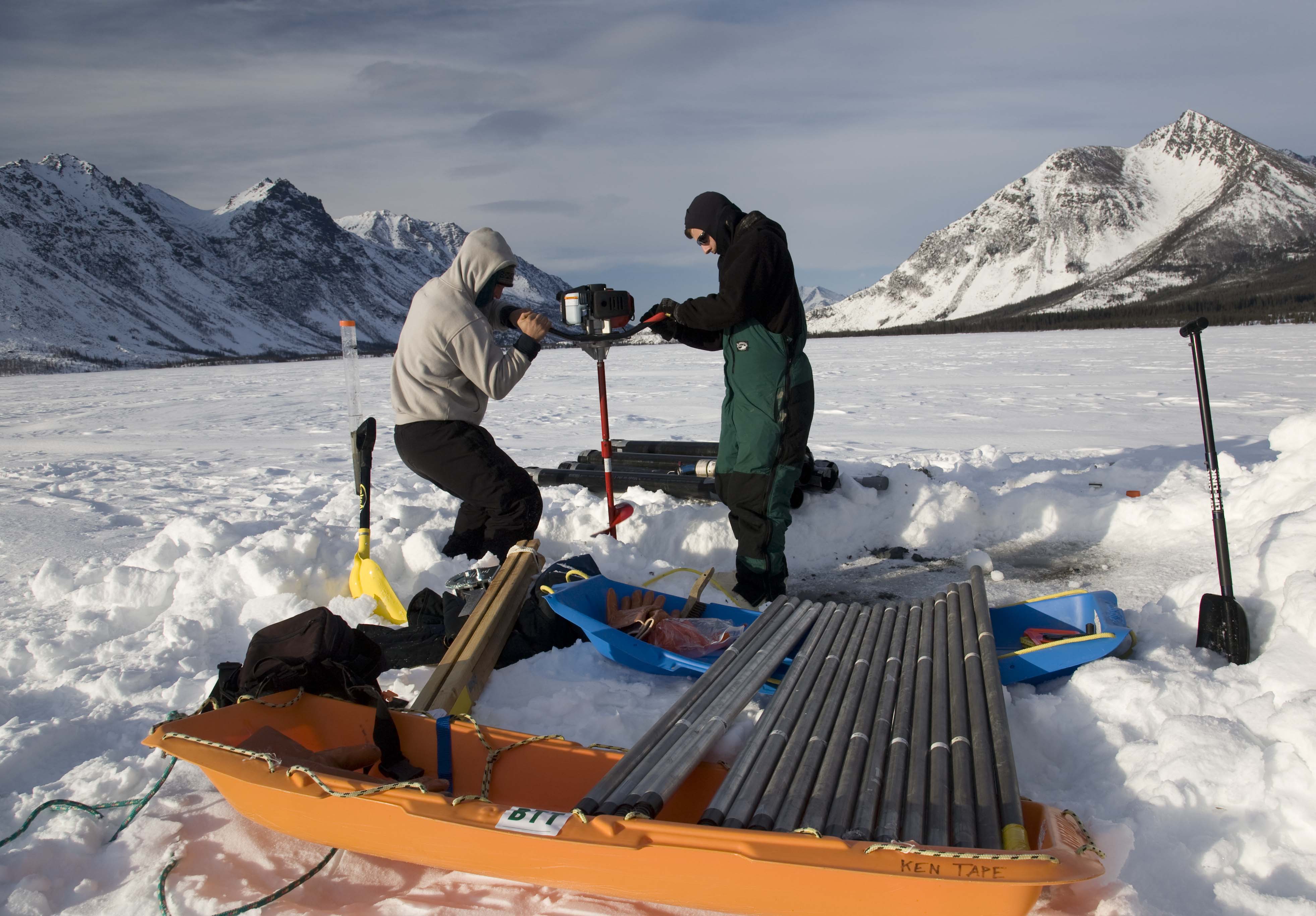Academic Tuesdays: March 28, 2023

— By Karsten Hueffer, interim dean of the College of Natural Science and Mathematics
Diane Wagner, associate dean of CNSM, department chair biology and wildlife
Carl Tape, professor of Geoscience
Interdisciplinary education in the natural sciences
Wicked problems such as climate change require complex and interdisciplinary solutions.
As Mike Toman from the World Bank put it: “Climate change is an issue that presents
great scientific and economic complexities, some very deep uncertainties, profound
ethical issues, and even lack of agreement on what the problem is." Preparing students
for interdisciplinary work while also acquiring deep knowledge is a goal of ”–¡œ∫–◊” ”∆µ and
the College of Natural Science and Mathematics. This approach is an opportunity for ”–¡œ∫–◊” ”∆µ to maintain its leadership in educating
leaders in natural sciences with a Northern focus. Teams in CNSM and other colleges
have developed programs that allow students, both undergraduates and graduates, to
sharpen their interdisciplinary skills. The new Bachelor of Science in Climate and
Environmental Change and the Earth Systems Science graduate programs provide new opportunities
to students at ”–¡œ∫–◊” ”∆µ.
Bachelor of Science in Climate and Environment Studies
Meeting the enormous scientific and social challenges posed by climate change will
require college graduates broadly trained in science and policy and able to communicate
effectively to a diverse audience. The B.S. in Climate and Environmental Change is
a new interdisciplinary program that combines coursework in science and environmental
management with upper division work in policy, culture, and communication. Students
will learn marketable tools such as Geographic Information Systems, with the opportunity
to acquire additional tools such as remote sensing and advanced data analysis. Many
courses in the program focus on the circumpolar North, where climate is changing most
rapidly. Students emphasize areas of special interest and expertise by choosing among
four concentrations representing different aspects of climate change: environmental
earth science, physical processes, ecological processes, and sustainability. The concentrations
prepare students for different aspects of environmentally-related work in government
agencies, industry, and non-profit organizations, and articulate with Earth Systems
Science and other graduate programs.
Graduate programs in Earth System Science
The field of Earth System Science evolved in the 1980s at a time when scientists realized that they couldn't entirely
understand any one component of the Earth – such as its atmosphere, oceans, cryosphere,
biosphere, and geosphere – without understanding the links among all components. The
current climate crisis is just one example of this interconnectedness of Earth’s systems.
The ”–¡œ∫–◊” ”∆µ graduate programs in ESS provide a curricular response to what ”–¡œ∫–◊” ”∆µ is already
renowned for: world-leading research in Arctic sciences. What are the impacts on ”–¡œ∫–◊” ”∆µn
inhabitants – people, animals, plants, and life of all varieties – in a warming climate?
What kinds of statewide scientific measurements and modeling can help guide a large-scale
understanding of how ”–¡œ∫–◊” ”∆µ's land, waterways, airways, and life will evolve and adapt?
The ESS program will establish a large cohort of students and faculty spanning three
colleges, six departments, and five research institutes. All students will take a
small set of core classes in ESS and then choose to concentrate in one of eight domains:
Sustainability, Ecosystems, Hydrology, Atmospheric and Climate Sciences, Cryosphere,
Solid Earth Geophysics, Geoscience, and Geospatial Science. The first ESS seminar
series will kick off in fall 2023 (Fridays at 11:45 a.m.), and all students and faculty
are encouraged to participate and help guide the future of ESS at ”–¡œ∫–◊” ”∆µ.
For more information visit our website or contact the College of Natural Science and Mathematics at uaf-cnsm@alaska.edu if you are interested in either of these programs.


